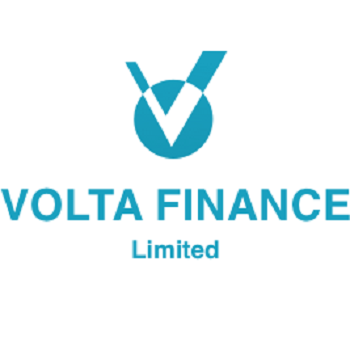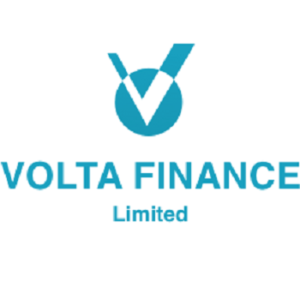Many retail investors rely on the traditional “asset allocation” model, which typically involves a mix of cash, public stocks, and bonds. Financial advisors frequently recommend portfolios combining equities and bonds, as this approach has been long-established. However, this classic model may not fully harness the benefits of asset allocation, diversification, and active portfolio management that some of the most successful investors use for optimising returns.
For those looking to advance beyond traditional investment strategies, hybrid structured products present an intriguing alternative. These products bring a unique combination of flexibility, yield potential, and risk management, creating opportunities to capitalise on growth assets while safeguarding principal investments. This approach appeals to investors who are seeking modern ways to optimise portfolios without exposing themselves to excessive risk.
One advantage of hybrid structured products lies in their capacity for customisation. Tailored to match individual risk-return profiles and market perspectives, they can be specifically adjusted for the investor’s time horizon. For instance, a structured product can be crafted to provide upside in a bullish sector while still mitigating downside risks. This is particularly beneficial for navigating market volatility with precision. Investors interested in growth equity within hybrid structured products often consider areas such as emerging technologies, innovative business models, healthcare development, mission-based investments, private equity, real estate, and alternative assets. These assets provide avenues for capital appreciation alongside downside protection.
Additionally, hybrid structured products offer enhanced yield potential. Many investors are attracted to these products for the opportunity to secure investment-grade returns while achieving yields that outperform traditional assets. This is largely due to the inclusion of growth equity within these structured products, which often produces high absolute returns and access to a wider range of asset classes. While investing directly in growth equities can introduce considerable volatility and risks, hybrid products allow for higher returns with managed risks, particularly when held to maturity, where they deliver steady annualised returns with reduced volatility.
Risk management is another compelling feature of hybrid structured products. Given today’s market uncertainty, controlling risks is crucial. These products incorporate hedging strategies, such as downside buffers, that protect against potential losses during market downturns. By mixing various asset classes, they also offer diversification that helps reduce overall portfolio risk, making them ideal for investors seeking stability and a buffer against substantial losses.
Access to niche markets and unique opportunities further distinguishes hybrid structured products. They provide exposure to markets that are typically challenging for individual investors to reach, such as emerging markets or specific industry sectors. Hybrid products may also be designed to exploit arbitrage opportunities or respond to particular macroeconomic events, giving investors access to alpha-generating sources that can improve overall portfolio performance.
Nonetheless, hybrid structured products do come with certain risks and challenges. Their complexity can be a hurdle for some, as they often blend debt and equity elements, requiring specialised knowledge to fully understand. Additionally, returns can be affected by market volatility, especially if underlying assets perform unexpectedly. Liquidity is another concern; some products may have limited exit options before maturity, potentially keeping investors locked into positions longer than anticipated. Fees and other hidden costs also need consideration, as they can impact the net returns on these investments.
Hybrid structured products offer an innovative investment route, combining customisation, yield enhancement, risk management, and exclusive market access. For investors aiming to enhance their portfolios while safeguarding their capital, hybrid structured products offer an opportunity worthy of serious consideration, particularly for those looking to participate in alternative investments with mitigated risks.
Volta Finance Ltd (LON:VTA) is a closed-ended limited liability company registered in Guernsey. Volta’s investment objectives are to seek to preserve capital across the credit cycle and to provide a stable stream of income to its Shareholders through dividends that it expects to distribute on a quarterly basis.



